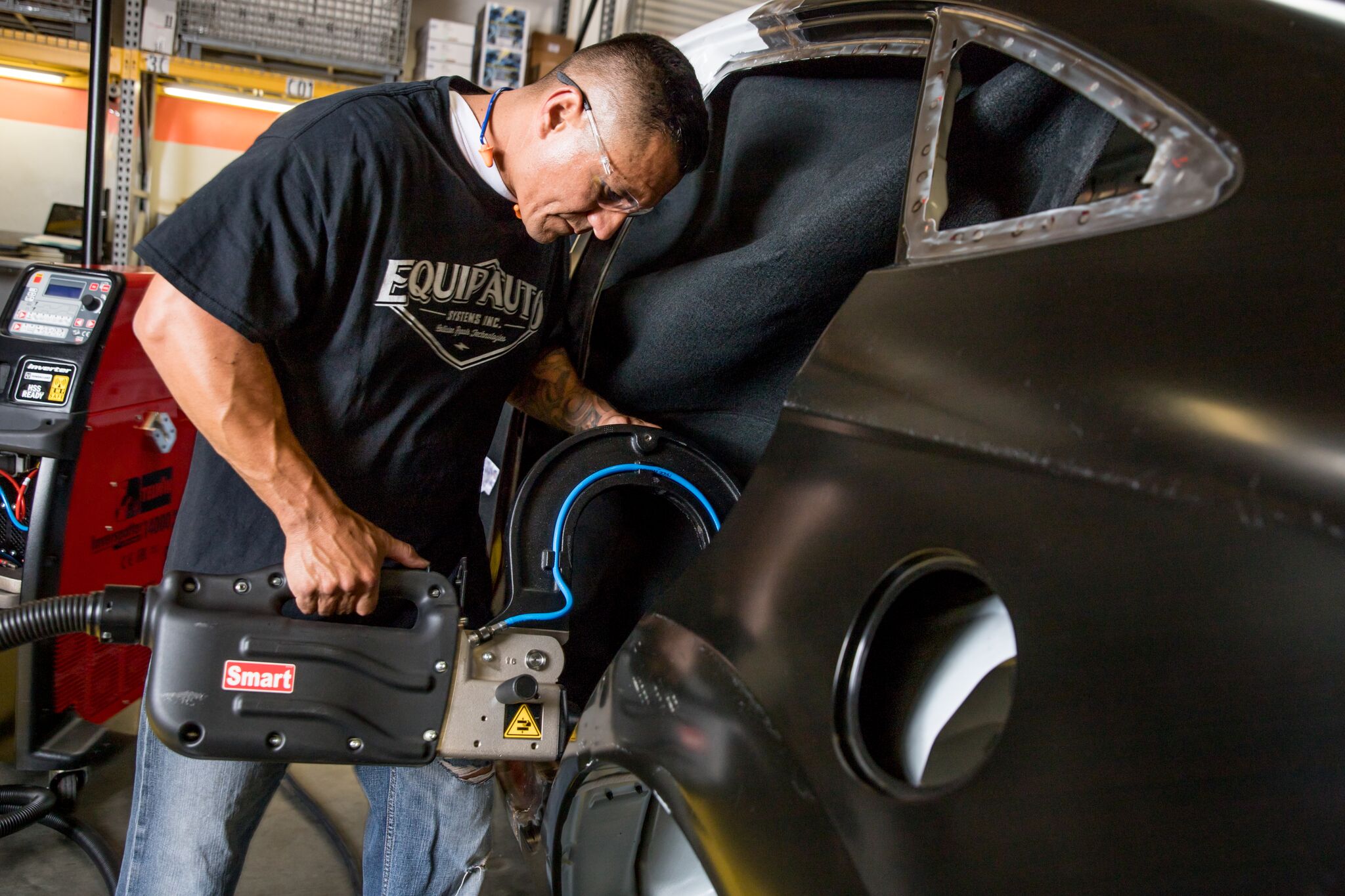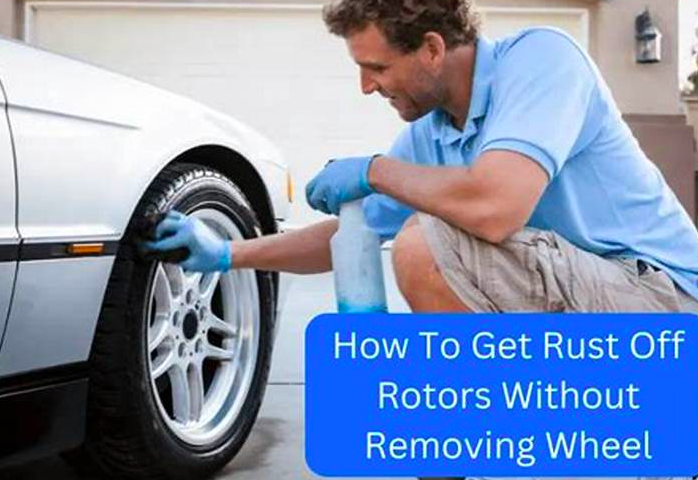Automotive body shop equipment is the backbone of any successful repair center, ensuring technicians can handle a wide range of repairs with precision and efficiency. From collision repairs to glass replacement, the right tools and equipment are essential for meeting industry standards and satisfying customer expectations. If you’re looking to set up or upgrade your body shop, understanding the most essential tools and their uses will help you make informed purchasing decisions. This guide highlights the best equipment for an automotive body shop, from advanced machinery to everyday tools, and how they contribute to superior repairs.
Essential Lifts and Frame Machines
For any shop focusing on frame maintenance or resolving frame issues, having the right lifts and frame machines is crucial. Frame machines allow technicians to restore vehicles to their original specifications by pulling and aligning the structural components. Hydraulic frame machines equipped with computerized measuring systems are particularly valuable, ensuring high precision during complex repairs.
Lifts are equally important, offering easy access to the underside of vehicles for tasks like routine maintenance and structural inspections. Scissor lifts, four-post lifts, and in-ground lifts are popular choices depending on the size of the shop and the type of vehicles serviced.
Welding Machines
Welding is a staple in the collision repair industry, especially for restoring structural integrity after an accident. Modern body shops require MIG and TIG welding machines to handle a variety of materials, including aluminum and steel. As vehicle manufacturers increasingly use lightweight materials, investing in a high-quality welding machine is essential for meeting evolving repair demands.
Some advanced models also include features for automated welding, ensuring consistent results and saving time on repetitive tasks. These machines are indispensable for shops aiming to excel in auto collision repair.

Paint Booths and Refinishing Tools
A high-quality paint booth is non-negotiable for any shop offering paint and refinishing services. Paint booths create a controlled environment where technicians can apply coatings without contamination from dust or debris. Modern booths also include features like temperature control and ventilation systems, ensuring a flawless finish.
Complementing the paint booth are tools like spray guns, paint mixers, and spectrophotometers. The latter is particularly useful for color matching, a critical step in achieving seamless results for paint care and repair jobs.
Dent Repair Tools
Dent repair tools are a must-have for addressing minor damages that do not require extensive work. Paintless dent repair (PDR) kits are increasingly popular for their ability to restore panels without the need for repainting. These kits include specialized rods, glue pullers, and lights that help technicians identify and fix imperfections.
For larger dents or more severe damage, hammers, dollies, and suction cups come into play. Ensuring your shop is equipped with a range of dent repair tools allows you to handle both minor and major jobs efficiently.
Automotive Glass Tools
With the growing importance of automotive glass services, having the right tools for glass repair and replacement is essential. Windshield removal kits, suction cups, and urethane applicators are some of the most commonly used tools in this category. Advanced calibration tools are also necessary to align the sensors and cameras integrated into modern windshields, ensuring optimal glass window safety.
Technicians should also have access to glass polishing equipment to address scratches and minor imperfections, enhancing the overall quality of repairs.
Sanding and Polishing Equipment
Smooth surfaces are a hallmark of quality collision repair, making sanding and polishing equipment indispensable. Dual-action sanders, orbital sanders, and handheld polishers help prepare surfaces for painting and finishing. Paired with high-quality abrasives, these tools ensure that technicians can achieve a flawless finish on every repair.
For shops specializing in paint and exterior issues, investing in advanced sanding and polishing systems can significantly enhance the quality of their work.

Advanced Measuring Systems
Accurate measurements are the cornerstone of effective repairs, especially when dealing with vehicle design and structural components. Advanced measuring systems, such as laser or ultrasonic tools, allow technicians to assess damage with unparalleled accuracy. These systems are particularly valuable in repair processes that require precise alignment, ensuring that vehicles meet factory specifications.
Some systems also integrate with software that provides detailed reports, aiding in the insurance and claims process and improving transparency with customers.
Diagnostic Scanners
Modern vehicles are equipped with sophisticated electronics that require specialized diagnostic tools. Scanners capable of reading error codes and interfacing with vehicle systems are essential for identifying issues quickly. These tools are especially useful for troubleshooting safety technologies, such as airbags and anti-lock braking systems, which may be affected during a collision.
Investing in advanced diagnostic scanners ensures that your shop can handle the demands of modern vehicles, enhancing its reputation for reliability and expertise.
Air Compressors
Air compressors are a workhorse in any body shop, powering a wide range of tools, from spray guns to pneumatic wrenches. High-capacity compressors are ideal for busy shops that require consistent performance across multiple workstations.
When choosing an air compressor, consider the size of your shop and the tools you’ll be using. Portable models are suitable for smaller setups, while larger, stationary compressors are better suited for high-volume operations.
Body Shop Software
In addition to physical tools, investing in software solutions can streamline your shop’s operations. Management software helps track inventory, schedule appointments, and manage customer service excellence. Some platforms also integrate with diagnostic tools, providing a centralized hub for all repair-related data.
By adopting digital solutions, your shop can improve efficiency, reduce errors, and enhance the overall customer experience.
Key Considerations for Choosing Equipment
When shopping for body shop equipment, it’s essential to consider factors like quality, compatibility, and ease of use. High-quality tools not only last longer but also deliver better results, ensuring customer satisfaction and reducing the likelihood of rework.
Compatibility is another critical factor, especially when working with modern vehicles that feature unique materials and technologies. Investing in equipment that supports a wide range of applications will future-proof your shop against changing industry trends.
Finally, prioritize ease of use to minimize training requirements and maximize productivity. Tools that are intuitive and user-friendly can significantly enhance the efficiency of your team.
Where to Shop for Body Shop Equipment
Reputable suppliers are the best source for high-quality body shop equipment. Many offer warranties and customer support, ensuring peace of mind with every purchase. Additionally, consider attending industry trade shows to explore the latest innovations and connect with suppliers.
Online platforms are another excellent resource, offering a wide selection of tools and equipment. Be sure to read reviews and compare specifications to find the best options for your shop’s needs. For more insights on industry trends and best practices, visit the Ryan Automotive blog.
Conclusion
Investing in the best automotive body shop equipment is essential for delivering high-quality repairs and maintaining a competitive edge in the industry. From body shop equipment like frame machines and paint booths to advanced diagnostic tools, each piece of equipment plays a crucial role in ensuring precision, efficiency, and customer satisfaction.
By prioritizing quality and staying updated on the latest technologies, your shop can handle the demands of modern vehicles while building a reputation for excellence. Whether you’re upgrading your existing setup or starting from scratch, the right tools and equipment will set you on the path to success in the automotive collision repair industry.

